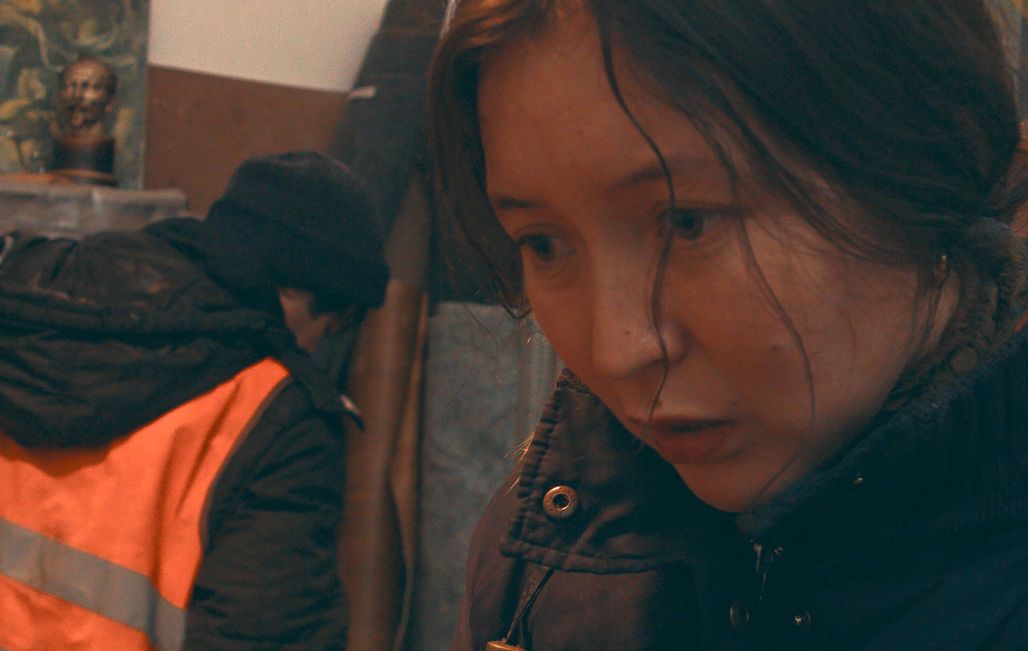
Ayka, a moral dilemma in an impoverished society

Ten years after winning the Un Certain Regard Award for Tulpan, a comedy drama about Kazakh society, director Sergey Dvortsevoy makes his return to Cannes with Ayka. The film, a drama about the precarious living conditions of a woman facing a moral dilemma, is in the running for the Palme d'Or.
In 2010 alone, 248 newborns were abandoned in Moscow maternity hospitals by mothers from Kyrgyzstan. When he read this statistic in the press, Dvortsevoy began to wonder about what could possibly drive these Kyrgyz mothers to abandon their babies in a foreign country, leaving their fate up to chance. A somewhat "unnatural" act for these women, who come from a culture that is very much built around family ties.
From this thinking, Ayka was born. The film portrays the harsh reality of a destitute woman who has just given birth to a child she cannot afford to keep. Beyond the ethical issues addressed in the film, Ayka speaks to each and every one of us, about "what happens when relationships between people and their environment break down, to the point that the individual themselves becomes morally damaged", the filmmaker explains.
Only life and nature have the power to force a human being to re-evaluate their existence in order to change it, sometimes even against their will.
With Ayka, Sergey Dvortsevoy once again sets out to expose the reality of his time, delivering a work that lies somewhere between fiction and documentary, inspired by the genre that began his career. Originally destined for a future in aeronautics, the director ended up shifting his focus to film, creating documentaries for television which already illustrated the lives of inhabitants in the Moscow suburbs.


